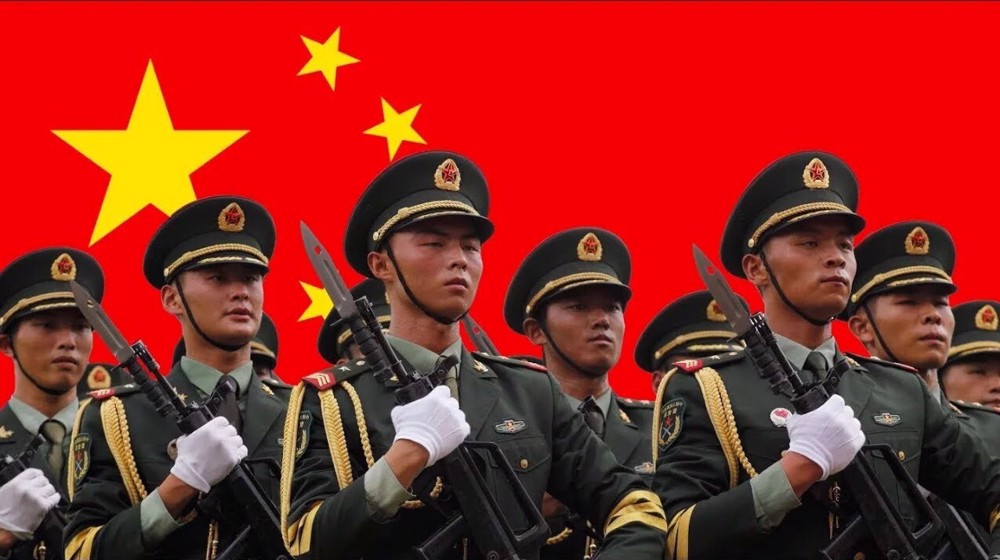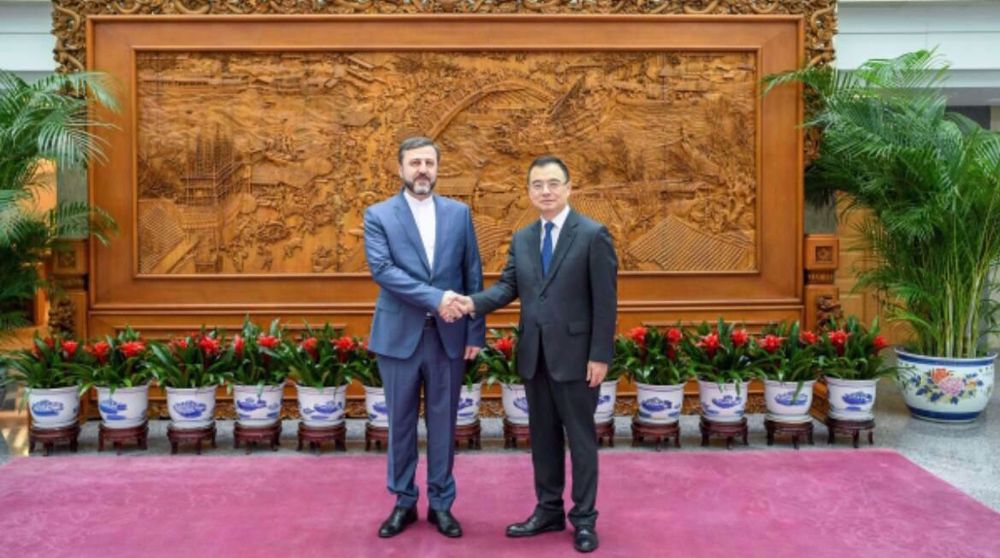China’s coronavirus outbreak poses ‘very grave threat’ to world: WHO
China’s coronavirus outbreak poses a “very grave threat for the rest of the world,” the head of the World Health Organization (WHO) said on Tuesday in an appeal for sharing virus samples and speeding up research into drugs and vaccines.
WHO Director-General Tedros Adhanom Ghebreyesus was addressing the start of a two-day meeting aimed at accelerating development of drugs, diagnostics, and vaccines against the flu-like virus amid growing concerns about its ability to spread.
To date, China has reported 42,708 confirmed cases, including 1,017 deaths, Tedros said.
“With 99% of cases in China, this remains very much an emergency for that country, but one that holds a very grave threat for the rest of the world,” he told more than 400 researchers and national authorities, including some taking part by video conference from mainland China and Taiwan.
Tedros, speaking to reporters on Monday, referred to “some concerning instances of onward transmission from people with no travel history to China,” citing cases this week in France and Britain. Five British nationals were diagnosed with the coronavirus in France, after staying in the same ski chalet with a person who had been in Singapore.
“The detection of this small number of cases could be the spark that becomes a bigger fire. But for now it’s only a spark. Our objective remains containment,” he said.
Hong Kong residents who were evacuated from a residential building where a man and woman confirmed with coronavirus live tested negative for the virus, health authorities said on Tuesday, easing concerns of a cluster of the outbreak in the Chinese-ruled city.

Many questions remain about the origin of the virus, which emerged at a wildlife market in the central Chinese city of Wuhan in December last year, and is spread by people in droplets from coughing or sneezing.
“We hope that one of the outcomes of this meeting will be an agreed roadmap for research around which researchers and donors will align,” Tedros told the closed-door meeting, according to remarks made available by the UN agency.
“The bottom line is solidarity, solidarity, solidarity. That is especially true in relation to sharing of samples and sequences,” Tedros said. “To defeat this outbreak, we need open and equitable sharing, according to the principles of fairness and equity.”
Dr. Mike Ryan, the WHO’s top emergencies experts, told reporters on Monday, “This is an amazing initiative to centralize our knowledge.”
The aim was to identify gaps and generate scientific information for urgently needed medical interventions, he said.
“This is not just simply scientific discourse, there are big issues to do with how that whole process is governed,” Ryan said, citing the need to “ensure equitable access” to any products derived from research and approved by regulators.
“Bringing everybody together I think will give us a leap-frog moment in terms of coherence, priority-setting,” he said.
A week ago, only two laboratories in Africa could diagnose the novel coronavirus but as of Sunday, the WHO expected every nation in Africa to be able to diagnose the disease.
(Source: Reuters)
Iran: Israeli violations main obstacle to peace, security in Syria
Indian author pulls out of Berlinale over jury’s ‘unconscionable’ refusal to comment on Gaza
Bangladesh Nationalist Party secures victory in general election
VIDEO | British High Court rules against ban on Palestine Action Group
Tehran urges ‘serious’ revision in EU ‘unconstructive’ approaches
Hamas slams Israeli settlers’ ‘criminal aggression’ in West Bank
VIDEO | Press TV's news headlines
VIDEO | Iran launches 'Holy Qur'an Does Not Burn' campaign to restore mosques damaged in unrest









 This makes it easy to access the Press TV website
This makes it easy to access the Press TV website